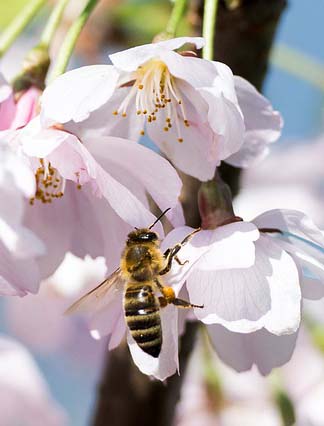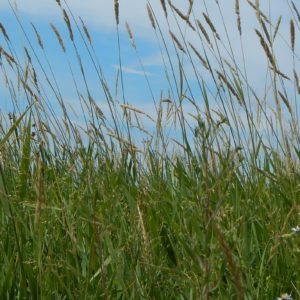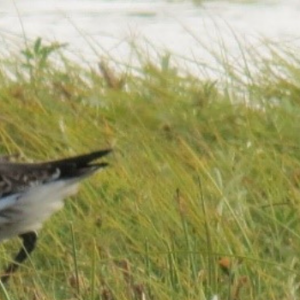Bring Back the Bees this Spring!

Adam Bond, Articling Student
An early spring is on the cusp this year in many parts of Canada. Soon we will be sparking up our barbecues and setting up our patios for outdoor dining. This season, when the full swing of your barbecue event is interrupted by the inevitable intrusion of an overly friendly, but potentially unstable bee, imagine a significantly more frightening scenario. Imagine that this year, no bees wake from their slumber to come visit you on your patio.
There are countless, serious environmental issues that are being driven by human activities today. We are facing local and regional issues such as environmental contamination and unsustainable resource depletion, as well as global issues like climate change and dramatic increases in plastic and carbon concentrations in the oceans. While remaining up-to-date on all of the environmental issues threatening our planet can be a full-time job, the health of bees and their ecosystems should be a key public priority.
There are over 700 native species of bees in Canada and more than 20,000 species of bees worldwide. Though many species contribute to pollination- including butterflies, moths, beetles, birds and bats – bees are responsible for a great deal of the heavy lifting in the pollinating department. Pollinators help fertilize plants by transferring pollen from one flowering plant to another. About three-quarters of the world’s food crops are dependent in some way on this process, representing between $250 and $577 billion USD worth of crops annually.
Globally, more than 40 percent of invertebrate pollinators, such as bees, are currently facing extinction. Since 2007, overwintering loss (bee population decline following winter and early spring) in Canada have increased dramatically. Prior to 2007, losses were reported to be between 10 and 15 percent. From 2007 until 2014, overwintering losses were anywhere from 15 to 35 percent.
 While mass bee mortality incidents correlate with the use of neonicotinoid pesticides (used widely in Canada since the mid-1990s primarily for corn and soybean crops) in some regions this correlation does not exist in other regions. Reports of the relationship between mass bee mortality events and neonicotinoid use began to surface in the spring of 2012 and there is growing scientific evidence that these pesticides can be highly toxic to Honey Bees and other pollinators. There is, however, no single cause of the dangerous decline in bee populations.
While mass bee mortality incidents correlate with the use of neonicotinoid pesticides (used widely in Canada since the mid-1990s primarily for corn and soybean crops) in some regions this correlation does not exist in other regions. Reports of the relationship between mass bee mortality events and neonicotinoid use began to surface in the spring of 2012 and there is growing scientific evidence that these pesticides can be highly toxic to Honey Bees and other pollinators. There is, however, no single cause of the dangerous decline in bee populations.
A synergy of human impacts on the environment are driving the catastrophic bee mortality incidents, from unsustainable farming practices, declining diversity of wildflowers and grasslands, pesticide use (such as neonicotinoids), habitat loss, disease and even global warming.
In the context of a world of doom-and-gloom environmental issues –where domestic politics and international relations make Potemkin Villages of meaningful environmental action – Canadians should find hope in ecological initiatives focused on bees. Protecting bees from extinction is one of the few global environmental issues that can truly be accomplished at the local level. Many of the pressures driving the decline of bee populations can be resolved without the need for international agreement (though it probably wouldn’t hurt).
The Intergovernmental Science-Policy Platform on Biodiversity and Ecosystem Services of the United Nations has identified several options for addressing the decline of pollinator populations, including:
- Enhancing diversity of pollinator habitat in agriculture and urban landscapes;
- Supporting traditional agricultural and habitat management practices;
- Decreasing exposure of pollinators to pesticides; and
- Improving managed bee husbandry and regulations of the trade and use of commercial pollinators.
Rethinking the way we manage our land locally – farmlands, grasslands and cities – will determine the fate of the bee populations in our communities.
You can also take action today by visiting Bring Back the Bees, and sign up to get free seeds as part of General Mills’ campaign to help address declining bee populations. As part of their #BringBackTheBees campaign, they are giving out 35 million wildflower seeds to Canadians. Click, grow and save some bees!



